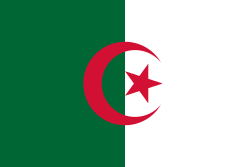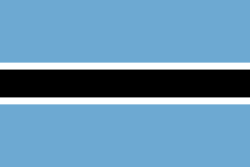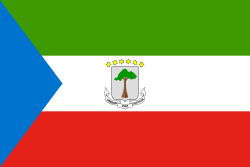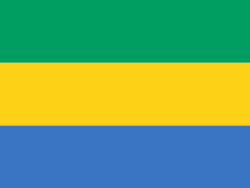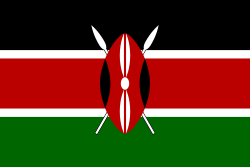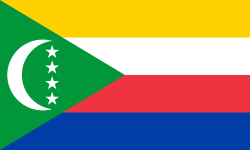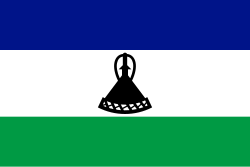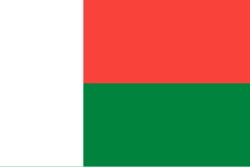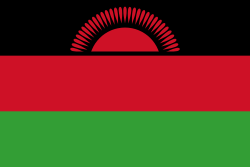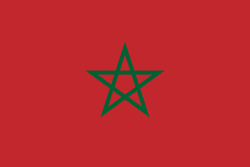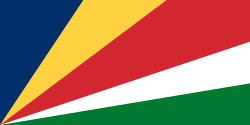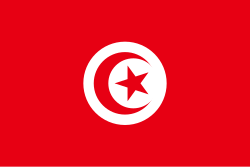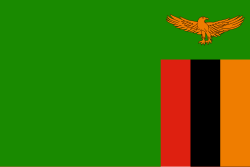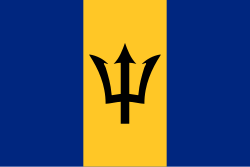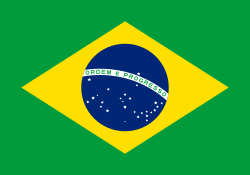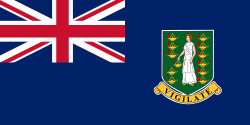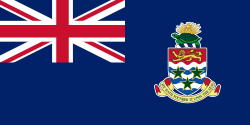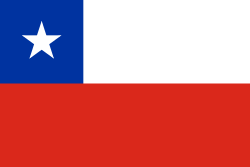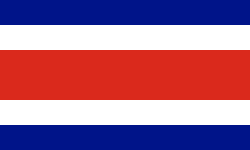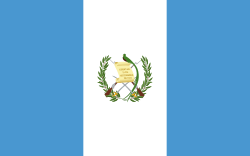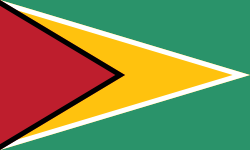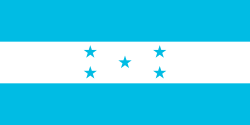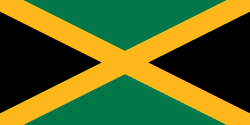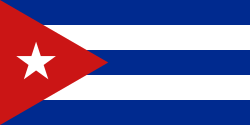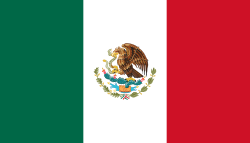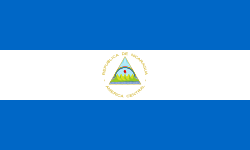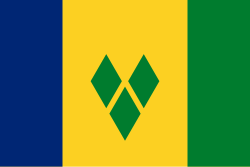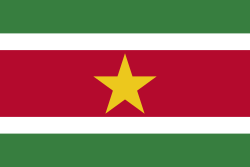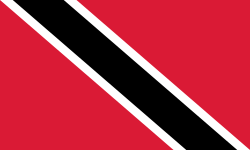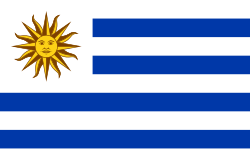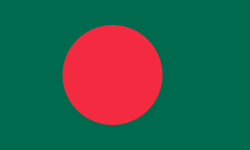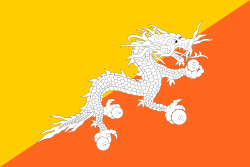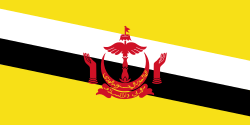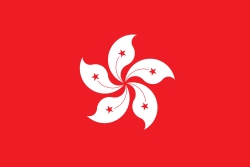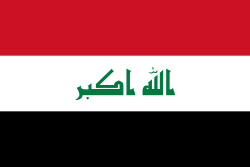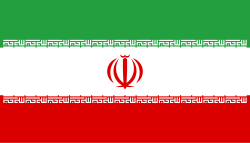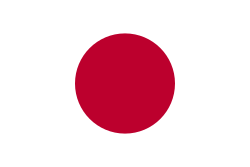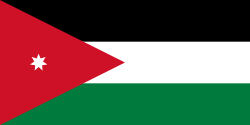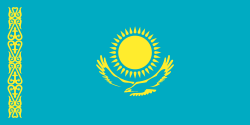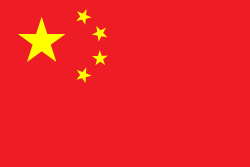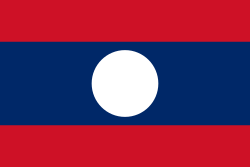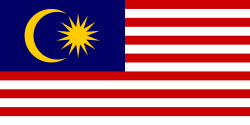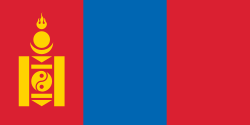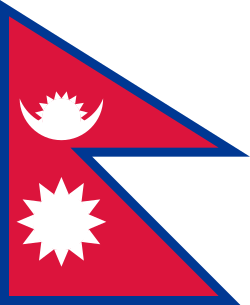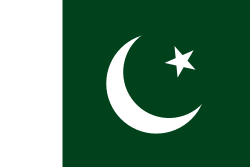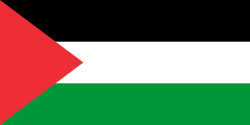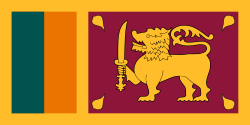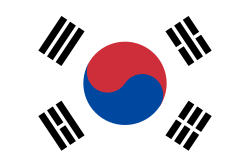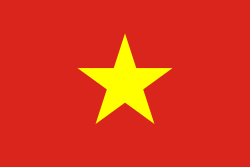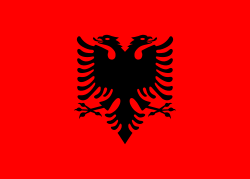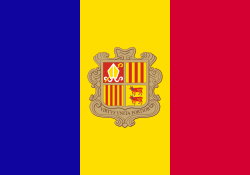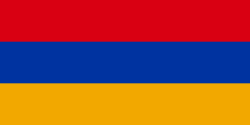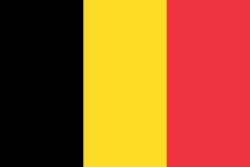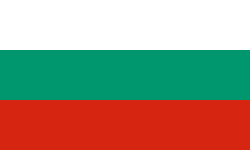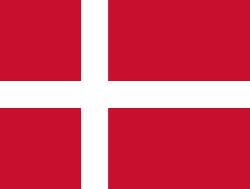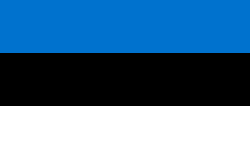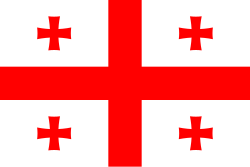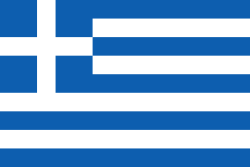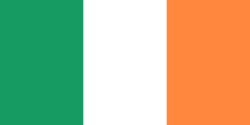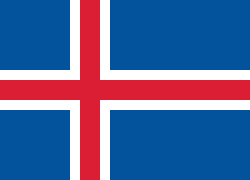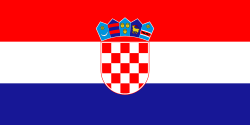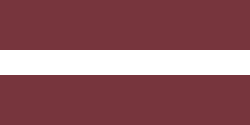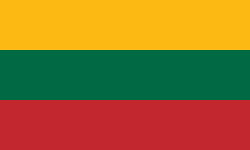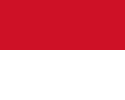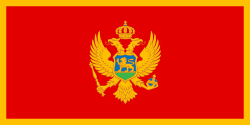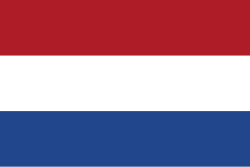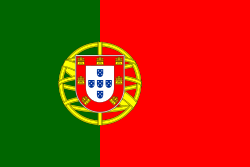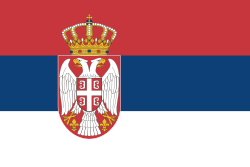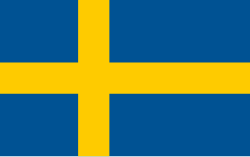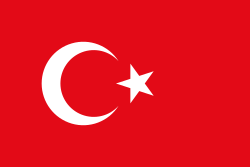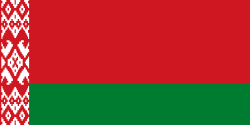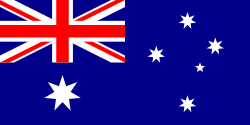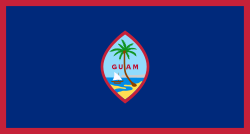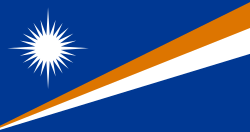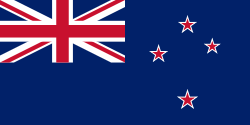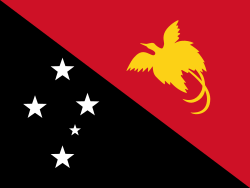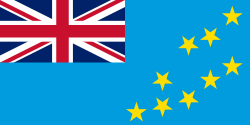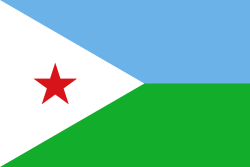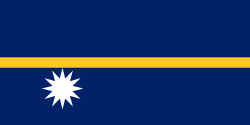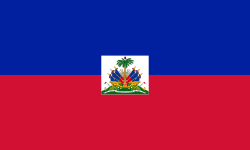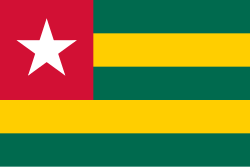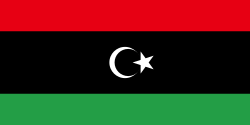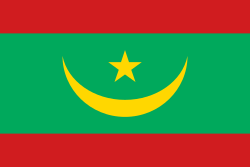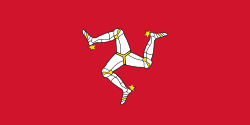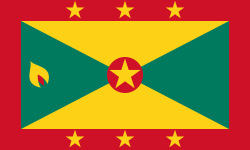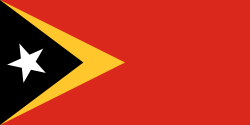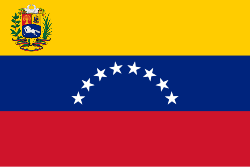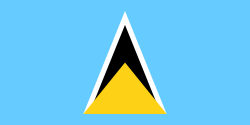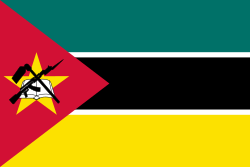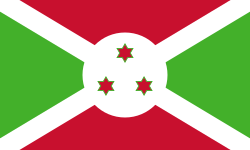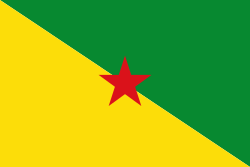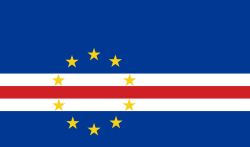Taekwondo

| Taekwondo | |
| Hangul | 태권도 |
|---|---|
| Hanja | 跆拳道 |
| Reviderad romanisering | Taegwondo |
| McCune-Reischauer | T'aekwŏndo |
Taekwondo (TKD) betyder "fotens och handens väg" och är en kampsport och OS-gren, av koreanskt ursprung, för stående strid, som lägger större vikt på sparkar än de flesta andra liknande kampsporter. Sportens grundare, Choi Hong Hi, tränade en karatestil, shotokan, bland annat under dess grundare Gichin Funakoshi, och menade att han blandat denna kunskap med tekniker från äldre, koreanska, kampsporter.
Det finns ett flertal stilar (organisationer) av taekwondo, men de två huvudsakliga är International Taekwon-Do Federation (ITF) och World Taekwondo (WT) (OS-gren).
Ordets innebörd
Tae betyder fotteknik, kwon betyder handteknik och do betyder närmast väg - men omfattar även moral, ett sätt att leva eller en kultur. I Sverige är taekwondon organiserad i Svenska Taekwondoförbundet, där både ITF och WT ingår. Att dessa samsas i en organisation är unikt i världen.
Historia
Taekwondon i organiserad form dyker först upp under 1955 och i organisationen Korea Taekwondo Association. Grunden för denna organisation var de fem originalstilarna, på koreanska kallade kwan och som översatt till svenska motsvarar vårt ord för familj. Dessa familjer eller kwaner var: moo duk kwan, ji do kwan, song moo kwan, chung do kwan samt oh do kwan. En av de mest kända personer som ingick i den ursprungliga styrelsen i Korea Taekwondo Association var ordföranden Choi Hong Hi (1918–2002), född i nuvarande Nordkorea, och var grundaren av oh do kwan och ITF som han grundade 1966. ITF lägger generellt sett ner mer träningstid på handtekniker än vad WT gör, medan WT i modern tid mer fokuserat på tävlingsmomentet och sin OS-status.
Soonhwan Do
För att lättare ge sina studenter insikt i vad taekwondo är, ordnade Choi Hong Hi tekniker och moment i fem grundpelare som han kallade soonhwan do- taekwondo-cirkeln. Denna visar att taekwondoträningen är en följd av fem underordnade delar utan början eller slut, där alla delar påverkar varandra. För att uppnå den optimala behärskningen av konsten taekwondo, behöver man praktisera alla de fem delar som beskrivs i soonhwan do.
Träning
Träningen har flera delmoment, bland annat:
- Mönster (tul - ITF, poomsae - WTF)
- Tävlingskamp (matsogi - ITF, kyeureugi - WTF)
- Krosstekniker ("kyokk pah")
- Specialtekniker
- Stegskamper ("matcho keureugi")
- Grundtekniker ("kibon don ya")
- Filosofi och kulturhistoria
- Redskapsträning ("dallyon")
- Hosin sul ( självförsvar )
Tävlingskamp
I WT Tävlingskamp (OS-gren) använder man sig av skydd, skydden gäller följande: benskydd, suspensoar, armskydd, tandskydd, handskar (ytterst tunna), väst (elektronisk) och hjälm (se bild högre upp). För att ta poäng måste man sätta så rena sparkar man kan mot väst eller huvud. En ren och klar spark mot väst ger två (2) poäng, roterande teknik mot huvudet ger fem (5) poäng, spark som träffar huvudet ger tre (3) poäng. Om motståndaren tvingas ta en stående eller liggande räkning till 8 får man en bonuspoäng. Om man inte är redo vid räkning till 8 (man visar detta genom att inta kampställning med höjd guard) räknar matchdomaren till 10 och motståndaren vinner på k.o. Matcher brukar oftast vara 3x2 långa rundor, alltså 2 minuter i 3 rundor. Man vilar 30 sekunder mellan varje runda.
Man använder elektroniska sensorer för att räkna träffar. I asiatiska spelen blev en taiwanes diskvalificerad för att ha haft för många sensorer på fötterna [1].
I ITF Tävlingskamp utkämpas en match på en tävlingsmatta som är 9 x 9 meter. Matchen leds av en ringdomare som bryter kampmomentet ifall något fel utförts och tilldelar de tävlande varning eller minuspoäng. Poäng noteras av fyra kantdomare. Poängen summeras i slutet av matchen och utövaren med flest poäng vinner. En kampmatch i individuell tävlan består av två ronder i två minuter vardera med en minuts rondpaus. Poänggivande område på motståndaren är framsidan av kroppen från midjan och uppåt. Handteknik mot mellan eller hög sektion ger ett (1) poäng, fotteknik mot mellansektion ger två (2) poäng, och fotteknik mot hög sektion ger tre (3) poäng.
Svenska OS-utövare
- Uno Sanli
- Elin Johansson
- Nikita Glasnovic
- Karolina Kedzierska
- Hanna Zajc
- Marcus Thorén
- Roman Livaja
Medlemmar i WT
- Afrika
 Algeriet
Algeriet Angola
Angola Benin
Benin Botswana
Botswana Burkina Faso
Burkina Faso Burundi
Burundi Centralafrikanska republiken
Centralafrikanska republiken Djibouti
Djibouti Egypten
Egypten Ekvatorialguinea
Ekvatorialguinea Etiopien
Etiopien Gabon
Gabon Gambia
Gambia Ghana
Ghana Guinea
Guinea Guinea-Bissau
Guinea-Bissau Kamerun
Kamerun Kap Verde
Kap Verde Kenya
Kenya Komorerna
Komorerna Kongo-Brazzaville
Kongo-Brazzaville Kongo-Kinshasa
Kongo-Kinshasa Lesotho
Lesotho Liberia
Liberia Libyen
Libyen Madagaskar
Madagaskar Malawi
Malawi Mali
Mali Mauretanien
Mauretanien Mauritius
Mauritius Marocko
Marocko Moçambique
Moçambique Niger
Niger Nigeria
Nigeria Rwanda
Rwanda São Tomé och Príncipe
São Tomé och Príncipe Senegal
Senegal Seychellerna
Seychellerna Sierra Leone
Sierra Leone Somalia
Somalia Sydafrika
Sydafrika Sydsudan
Sydsudan Sudan
Sudan Swaziland
Swaziland Tanzania
Tanzania Tchad
Tchad Togo
Togo Tunisien
Tunisien Uganda
Uganda Zambia
Zambia Zimbabwe
Zimbabwe
- Amerika
 Amerikanska Jungfruöarna
Amerikanska Jungfruöarna Antigua och Barbuda
Antigua och Barbuda Argentina
Argentina Aruba
Aruba Bahamas
Bahamas Barbados
Barbados Belize
Belize Bermuda
Bermuda Bolivia
Bolivia Brasilien
Brasilien Brittiska Jungfruöarna
Brittiska Jungfruöarna Caymanöarna
Caymanöarna Chile
Chile Colombia
Colombia Costa Rica
Costa Rica Curaçao
Curaçao Dominica
Dominica Dominikanska republiken
Dominikanska republiken Ecuador
Ecuador El Salvador
El Salvador Franska Guyana
Franska Guyana Grenada
Grenada Guadeloupe
Guadeloupe Guatemala
Guatemala Guyana
Guyana Haiti
Haiti Honduras
Honduras Jamaica
Jamaica Kanada
Kanada Kuba
Kuba Martinique
Martinique Mexiko
Mexiko Nicaragua
Nicaragua Panama
Panama Paraguay
Paraguay Peru
Peru Puerto Rico
Puerto Rico Saint Kitts och Nevis
Saint Kitts och Nevis Saint Lucia
Saint Lucia Saint Vincent och Grenadinerna
Saint Vincent och Grenadinerna Surinam
Surinam Trinidad och Tobago
Trinidad och Tobago Uruguay
Uruguay USA
USA Venezuela
Venezuela
- Asien
 Afghanistan
Afghanistan Bahrain
Bahrain Bangladesh
Bangladesh Bhutan
Bhutan Brunei
Brunei Filippinerna
Filippinerna Förenade arabemiraten
Förenade arabemiraten Hongkong
Hongkong Indien
Indien Indonesien
Indonesien Irak
Irak Iran
Iran Japan
Japan Jemen
Jemen Jordanien
Jordanien Kambodja
Kambodja Kazakstan
Kazakstan Kina
Kina Kinesiska Taipei
Kinesiska Taipei Kirgizistan
Kirgizistan Kuwait
Kuwait Laos
Laos Libanon
Libanon Macao
Macao Malaysia
Malaysia Mongoliet
Mongoliet Myanmar
Myanmar Nepal
Nepal Oman
Oman Pakistan
Pakistan Palestina
Palestina Qatar
Qatar Saudiarabien
Saudiarabien Singapore
Singapore Sri Lanka
Sri Lanka Sydkorea
Sydkorea Syrien
Syrien Tadzjikistan
Tadzjikistan Thailand
Thailand Turkmenistan
Turkmenistan Uzbekistan
Uzbekistan Vietnam
Vietnam Östtimor
Östtimor
- Europa
 Albanien
Albanien Andorra
Andorra Armenien
Armenien Azerbajdzjan
Azerbajdzjan Belgien
Belgien Bosnien och Hercegovina
Bosnien och Hercegovina Bulgarien
Bulgarien Cypern
Cypern Danmark
Danmark Estland
Estland Finland
Finland Frankrike
Frankrike Georgien
Georgien Grekland
Grekland Israel
Israel Irland
Irland Island
Island Isle of Man
Isle of Man Italien
Italien Kroatien
Kroatien Kosovo
Kosovo Lettland
Lettland Litauen
Litauen Luxemburg
Luxemburg Malta
Malta Moldavien
Moldavien Monaco
Monaco Montenegro
Montenegro Nederländerna
Nederländerna Nordmakedonien
Nordmakedonien Norge
Norge Polen
Polen Portugal
Portugal Rumänien
Rumänien Ryssland
Ryssland San Marino
San Marino Schweiz
Schweiz Serbien
Serbien Slovakien
Slovakien Slovenien
Slovenien Spanien
Spanien Storbritannien
Storbritannien Sverige
Sverige Tjeckien
Tjeckien Turkiet
Turkiet Tyskland
Tyskland Ukraina
Ukraina Ungern
Ungern Vitryssland
Vitryssland Österrike
Österrike
- Oceanien
Källor
Se även
- Taekwondo vid Olympiska sommarspelen
Externa länkar
 Wikimedia Commons har media som rör Taekwondo.
Wikimedia Commons har media som rör Taekwondo.- Svenska Taekwondoförbundet
- ITF-sektionen Svenska Taekwondoförbundet
| ||||||||||||||||||||||||||||||||||
Media som används på denna webbplats
Burkina Fasos flagga
Flag of Senegal
Färg som används: National flag | South African Government and Pantone Color Picker
| grön | rendered as RGB 0 119 73 | Pantone 3415 C |
| gul | rendered as RGB 255 184 28 | Pantone 1235 C |
| röd | rendered as RGB 224 60 49 | Pantone 179 C |
| blå | rendered as RGB 0 20 137 | Pantone Reflex Blue C |
| vit | rendered as RGB 255 255 255 | |
| svart | rendered as RGB 0 0 0 |
Det är enkelt att lägga till en ram runt den här bilden
Den Dominikanska republikens flagga består av ett vitt centrerat kors som sträcker sig hela vägen ut till flaggans kant. I mitten på korset sitter ett emblem med en bibel, ett gyllene kors och sex dominikanska flaggor. Emblemet är omgivet av olivkvistar och palmblad. Under emblemet står ”Republica Dominicana” och ovanför ett band med landets mottot ”Dios, Patria, Libertad” (”Gud, Landet, Frihet”).
Flag of Jamaica. “The sunshine, the land is green, and the people are strong and bold” is the symbolism of the colours of the flag. GOLD represents the natural wealth and beauty of sunlight; GREEN represents hope and agricultural resources; BLACK represents the strength and creativity of the people. The original symbolism, however, was "Hardships there are, but the land is green, and the sun shineth", where BLACK represented the hardships being faced.
Kanadas flagga, införd 1965; denna version med Pantone‐nyanser. Nuvarande utformning ersatte den tidigare kanadensiska Red Ensign.
Trinidad och Tobagos flagga
bendera Indonesia
Flag of Iran. The tricolor flag was introduced in 1906, but after the Islamic Revolution of 1979 the Arabic words 'Allahu akbar' ('God is great'), written in the Kufic script of the Qur'an and repeated 22 times, were added to the red and green strips where they border the white central strip and in the middle is the emblem of Iran (which is a stylized Persian alphabet of the Arabic word Allah ("God")).
The official ISIRI standard (translation at FotW) gives two slightly different methods of construction for the flag: a compass-and-straightedge construction used for File:Flag of Iran (official).svg, and a "simplified" construction sheet with rational numbers used for this file.
Chinese Taipei Olympic Flag. According to the official website of Chinese Taipei Olympic Committee, Blue Sky(circle) & White Sun(triangles) above the Olympic rings is neither the National Emblem of the Republic of China, nor the Party Emblem of Kuomintang (KMT), but a design in between, where the triangles do not extend to the edge of the blue circle, as registered at International Olympic Committee in 1981 and digitally rendered in 2013. Besides, the blue outline of the five-petaled plum blossom is broader than the red one. Moreover, the CMYK code of the blue one and the Blue Sky & White Sun is "C100-M100-Y0-K0", and different from the Olympic rings (C100-M25-Y0-K0). Note that it's the only version recognized by IOC.
Chinese Taipei Olympic Flag. According to the official website of Chinese Taipei Olympic Committee, Blue Sky(circle) & White Sun(triangles) above the Olympic rings is neither the National Emblem of the Republic of China, nor the Party Emblem of Kuomintang (KMT), but a design in between, where the triangles do not extend to the edge of the blue circle, as registered at International Olympic Committee in 1981 and digitally rendered in 2013. Besides, the blue outline of the five-petaled plum blossom is broader than the red one. Moreover, the CMYK code of the blue one and the Blue Sky & White Sun is "C100-M100-Y0-K0", and different from the Olympic rings (C100-M25-Y0-K0). Note that it's the only version recognized by IOC.
Flag of Laos
Författare/Upphovsman: See File history below for details., Licens: CC0
Flag of Oman
Flag of Syria. Originally flag of the Syria Revolution (from 2011), de facto flag of Syria beginning December 2024, official beginning March 2025.
The national flag of Kingdom of Thailand; there are total of 3 colours:
- Red represents the blood spilt to protect Thailand’s independence and often more simply described as representing the nation.
- White represents the religion of Buddhism, the predominant religion of the nation
- Blue represents the monarchy of the nation, which is recognised as the centre of Thai hearts.
The civil ensign and flag of Belgium. It is identical to Image:Flag of Belgium.svg except that it has a 2:3 ratio, instead of 13:15.
Flag of Israel. Shows a Magen David (“Shield of David”) between two stripes. The Shield of David is a traditional Jewish symbol. The stripes symbolize a Jewish prayer shawl (tallit).
Det är enkelt att lägga till en ram runt den här bilden
Författare/Upphovsman: Gutten på Hemsen, Licens: CC0
Flag of Norway with colors from the previous version on Commons. This file is used to discuss the colors of the Norwegian flag.
Flag of Portugal, created by Columbano Bordalo Pinheiro (1857–1929), officially adopted by Portuguese government in June 30th 1911 (in use since about November 1910). Color shades matching the RGB values officially reccomended here. (PMS values should be used for direct ink or textile; CMYK for 4-color offset printing on paper; this is an image for screen display, RGB should be used.)
The flag of Slovenia.
- "The construction sheet for the coat of arms and flag of the Republic of Slovenia
- is issued in the Official Gazette Uradni list Republike Slovenije #67, 27 October 1994
- as the addendum to the Law on the coat of arms and flag."
The flag of Guam, courtesy an e-mail from the author of xrmap. Modifications by Denelson83.
The flag of Aruba
Naurus flagga
The flag of the Kanak and Socialist National Liberation Front political party, also used by the territory of New Caledonia alongside the flag of France. Aspect ratio modified for projects that require an aspect ratio of 3:2.
Flag of Togo. Aspect ratio modified for projects that require an aspect ratio of 3:2.
Författare/Upphovsman: See File history below for details., Licens: CC0
Dominicas flagga
Författare/Upphovsman: Nightstallion, Licens: CC0
Flag of French Polynesia
Författare/Upphovsman: Nancystodd, Licens: CC BY-SA 4.0
Official flag of the Martinique delegation of Taekwondo, member of the World Taekwondo Federation and the Pan American Taekwondo Union
Flag of Mauritania, adopted in 2017. The National Assembly added red stripes to the top and bottom edges to represent “the blood shed by the martyrs of independence”.
Flag of South Sudan (originally of the Sudan People's Liberation Army/Movement)
Författare/Upphovsman: Fry1989 eh?, Licens: CC0
Flag of the Isle of Mann. This version has the triskelion centered as a whole rather than based upon the imaginary circle created by the prongs of each leg.
State Flag of Peru.
Flag of Syria. Originally flag of the Syria Revolution (from 2011), de facto flag of Syria beginning December 2024, official beginning March 2025.
Proposed national flag of Guadeloupe by Union Populaire pour la Libération de la Guadeloupe (UPLG - People's Union for the Liberation of Guadeloupe)
The flag of Curaçao is a blue field with a horizontal yellow stripe slightly below the midline and two white, five-pointed stars in the canton. The geometry and colors are according to the description at Flags of the World.
Flag of São Tomé and Príncipe
Flag of French Guiana. Adopted as official flag by the General Council on January 29, 2010.
Flag of Rwanda. The flag ratio is 2:3 with the stripes being 2:1:1. Colors are the following officially: Pantone 299 C 2X (blue), RAL 6029 (green), RAL 1023 (yellow) and RAL 1003 (golden yellow). (As of 03/08/2010, the only color used is the Pantone 299 C, which is from here. The rest of the colors are RAL shades from here.)
